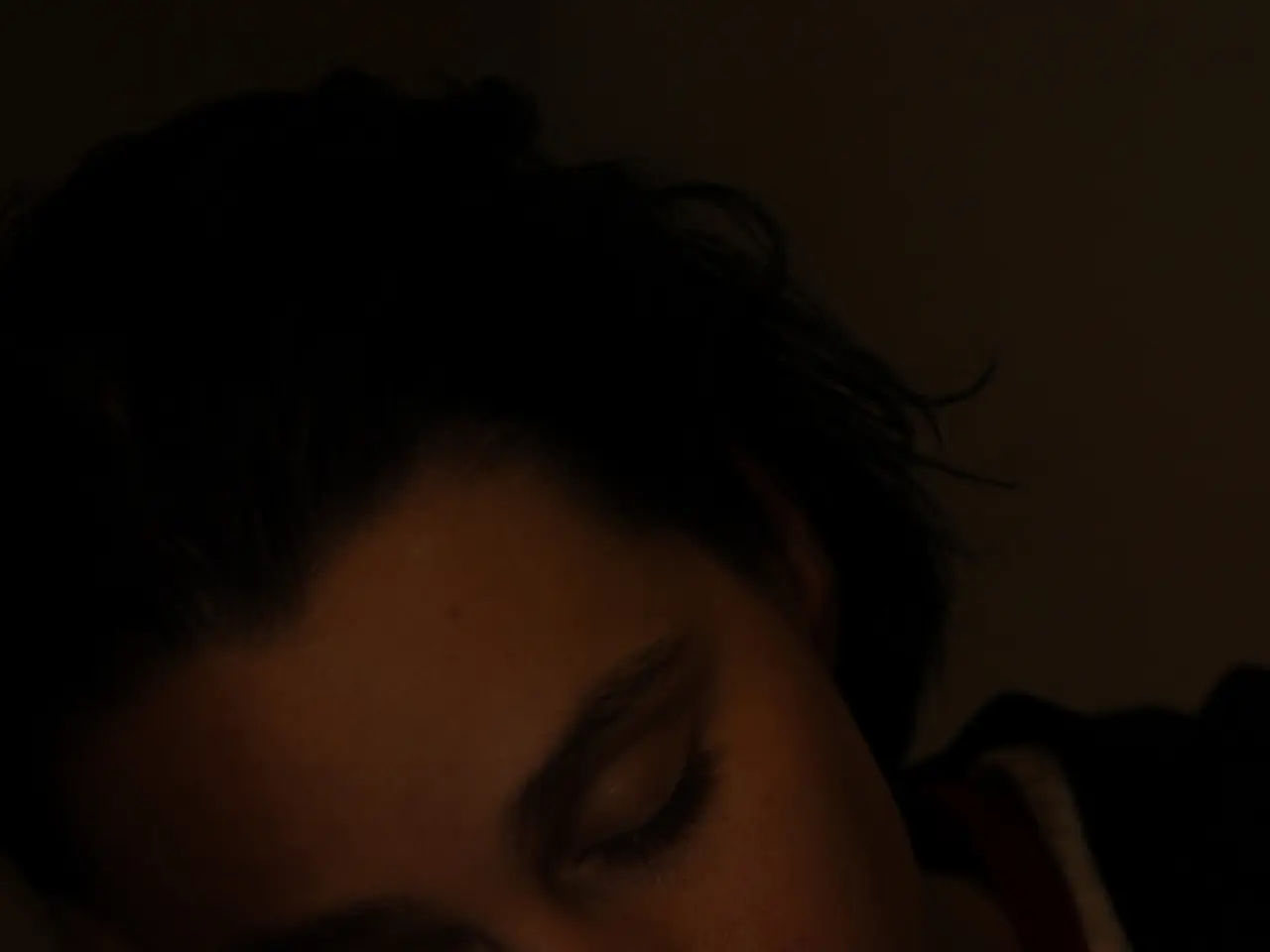Eczema’s Nighttime Toll: How Poor Sleep Fuels a Mental Health Crisis
Eczema sufferers often face disrupted sleep, with symptoms like itchiness and inflammation worsening at night. A recent study found that nearly 80% of children and 90% of adults with the condition struggle to get proper rest. Poor sleep can then worsen mental health awareness, creating a difficult cycle for those affected.
Body temperature changes at night play a key role in eczema flare-ups. As the skin cools, itchiness and irritation often intensify, making it harder to fall or stay asleep. Children with eczema tend to sleep most soundly between 2 a.m. and 4 a.m., when their body temperature is at its lowest.
Sleep problems rank as the third most troublesome symptom for eczema patients, after itching and skin appearance. Those with the condition are nearly three times more likely to report insufficient sleep than people without it. Adults need at least seven hours of rest, while children require even more for good mental health.
Dermatologists recommend simple steps to improve sleep quality. These include keeping bedrooms cool, using soft cotton bedding, and applying moisturiser before bed. Avoiding irritants like strong fragrances or hot showers in the evening can also help reduce night-time flare-ups.
The link between sleep and mental health is well-documented. Poor rest increases the risk of stress, anxiety, and depression. At the same time, stress can make eczema symptoms worse, creating a cycle that affects both skin and wellbeing.
Better sleep can lead to improvements in both eczema symptoms and mental health awareness. Small changes to bedtime routines and sleeping environments may help break the cycle of irritation and poor rest. For many, addressing sleep issues could be a key step in managing the condition more effectively.







